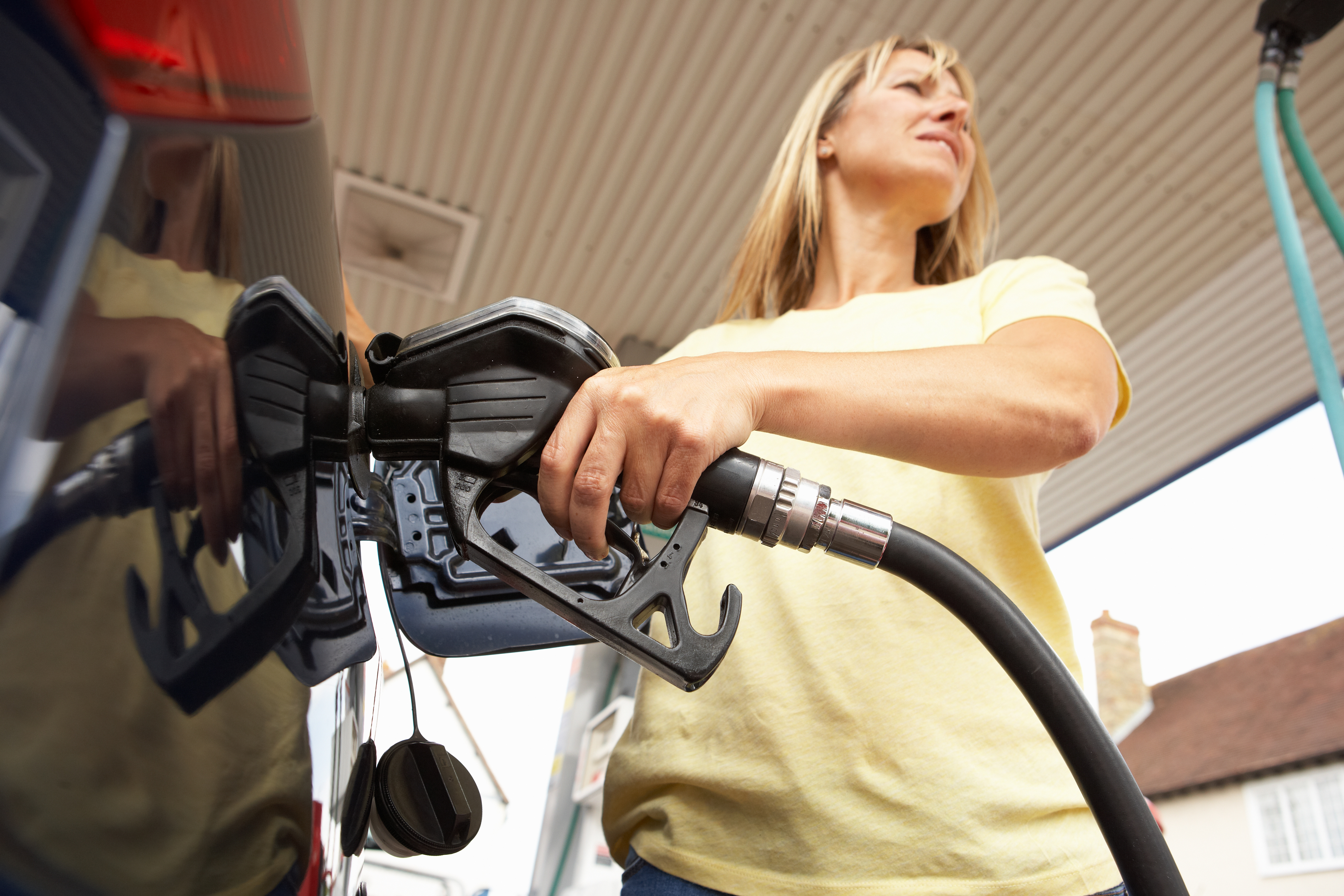Rising Gas Prices: Q&A with SDSU finance professor
David Ely explains the meteoric rise in gas prices

The past few weeks have seen gasoline prices soar to an all-time high, with a gallon of regular reaching $4.33 nationally. In California, which typically has the highest gas prices in the country, drivers can expect to pay an average of $5.74.
David Ely is a professor of finance and Associate Dean for Academic Affairs in the Fowler College of Business at San Diego State University. He teaches business economics and conducts research on financial markets. NewsCenter’s Susanne Clara Bard asked Ely to explain the factors behind the price surge and what it means for consumers.
What are the main causes of this spike? Has the war in Ukraine and a ban on oil imports from Russia also affected prices at the pump?
Ely: Gas prices increased throughout 2021 as the U.S. economy reopened and rapidly expanded in part due to government stimulus programs. The rising price of crude oil was also a significant contributor in 2021. The heightened concern over a Russian invasion of Ukraine caused further increases in the price of crude oil in 2022. With the actual invasion and subsequent imposition of sanctions on Russia, crude oil prices spiked. With Russia less able to sell, sharply higher global crude oil prices have led to higher gas prices.
Is there any evidence that the high prices are the result of price-gouging by oil companies and gas retailers?
Ely: Currently, crude oil prices are highly volatile, so it is difficult to estimate the markup oil companies and gas retailers are applying to costs to arrive at their prices for gasoline. High prices alone are not evidence of price gouging. Generally, statutes against price gouging apply only during an emergency or disaster. No gasoline-related emergency has been declared in California. Late last year, President Biden called on the Federal Trade Commission to look into whether illegal conduct by oil and gas companies was a cause for higher gas prices.
Gas prices tanked in April of 2020 at the beginning of the pandemic. What role has the pandemic played in these volatile highs and lows?
Ely: The U.S. Bureau of Labor Statistics reported that U.S. nonfarm payroll employment fell by approximately 22 million in March and April 2020. At the same time, large numbers of office workers transitioned to remote work while students shifted to online classes. The travel, hospitality, and entertainment sectors were heavily impacted. As a result of these factors, demand for gasoline dramatically fell early in the pandemic as people curtailed travel. Also, U.S. crude oil production fell in 2020 and has not returned to pre-pandemic levels. Travel and the demand for gasoline have returned, but the sporadic surges in COVID cases associated with the emergence of new variants created swings in the rates in which they grew.
Automobile prices are also sky high. Will high gas prices encourage people to buy hybrid and electric vehicles, or will they hold off until cars are more affordable?
Ely: High gas prices is another factor generating interest in hybrid and electric vehicles. However, the limited availability of vehicles and their prices will discourage many individuals from making the switch in the near term. Some commuters will shift to mass transit to minimize the impact of high gas prices. Unlike in prior periods when the country experienced high gas prices, some workers will react by extending teleworking arrangements with their employer.
Have gas prices and rising inflation affected other consumer spending habits?
Ely: Spending more on gasoline every month means that there is less left in one’s budget to spend on other items. Over time, consumers may purchase EVs and make other adjustments to lower the amount of gasoline purchased. However, in the near term, the impact on demand will be less significant since people must continue to drive the vehicle they now own. Unfortunately, gasoline is not the only item that has risen in price. The Consumer Price Index was up 7.9% in February from one year earlier, the largest increase since 1982. Along with gasoline, shelter and food were important contributors to the increase.
The price of oil dropped below $100 Monday. Is this likely to affect prices at the pump anytime soon?
Ely: The drop in the price of oil should help stabilize gas prices, but gas prices tend to move up faster than they fall. However, the price of oil will continue to be impacted by developments in Ukraine, and thus is difficult to predict. Along with the conversion to summer blends of gasoline, summer travel for vacations will help keep gas prices uncomfortably high.
What can consumers expect down the road?
Ely: It seems unlikely that the supply of crude oil can quickly come into alignment with demand, so gas prices will probably remain elevated this year. Unfortunately, consumers will need to cope with higher prices for a range of products, not just gasoline. Forecasters generally expect inflation to remain above the Federal Reserve’s longer-term objective of 2% this year.



